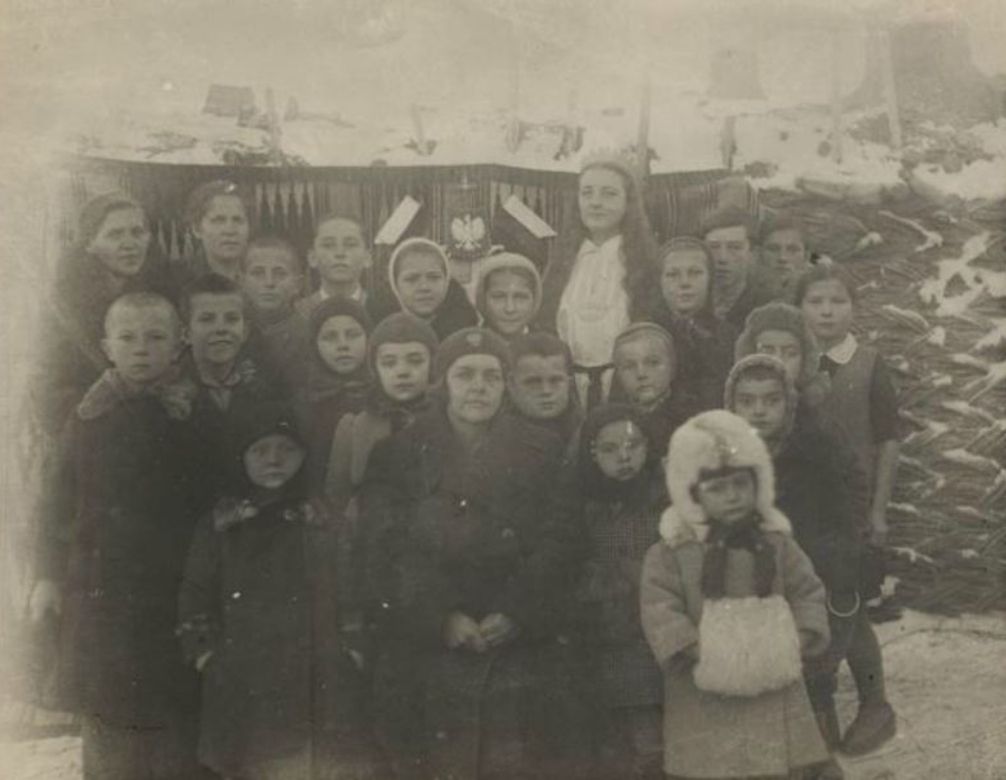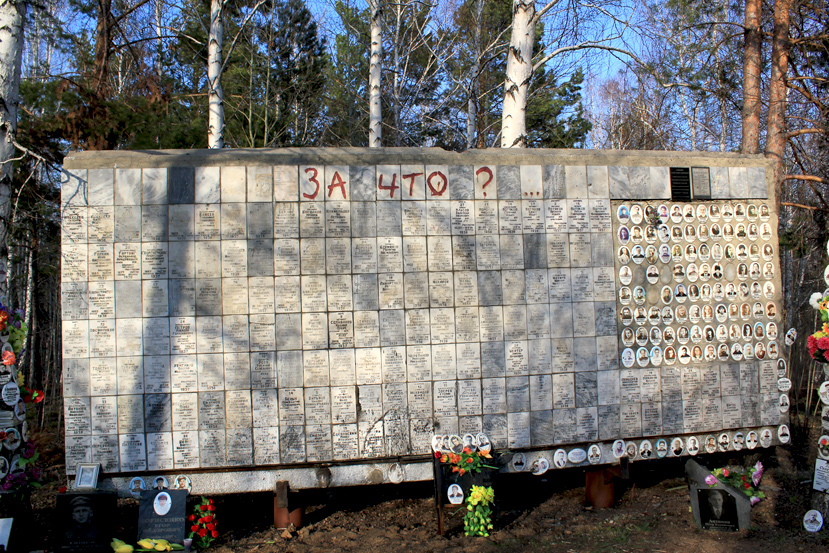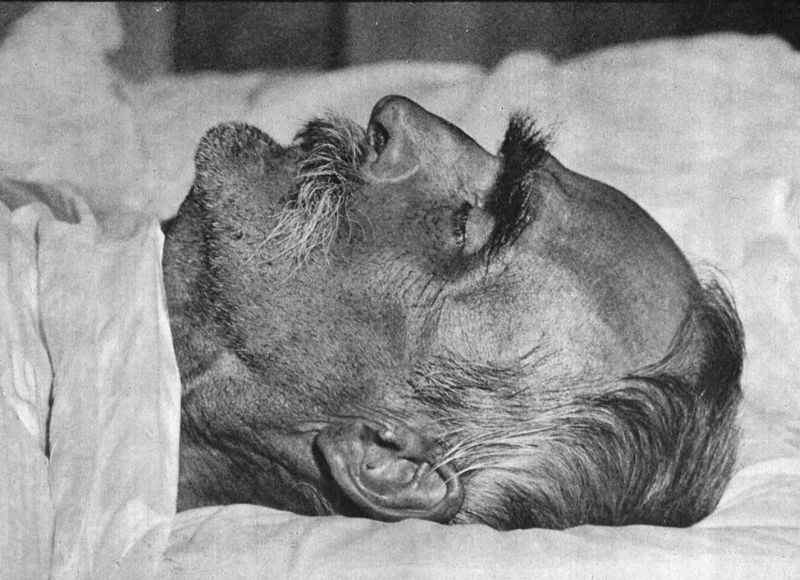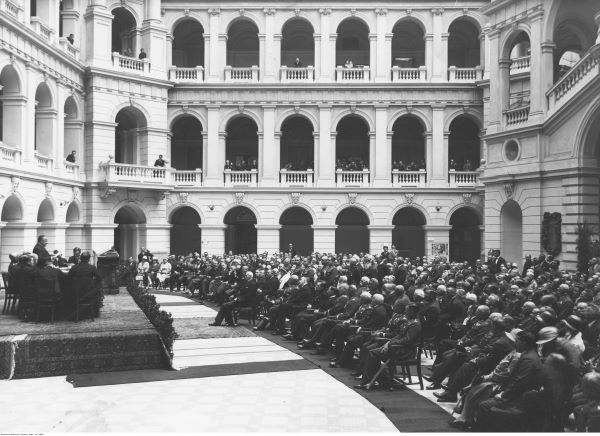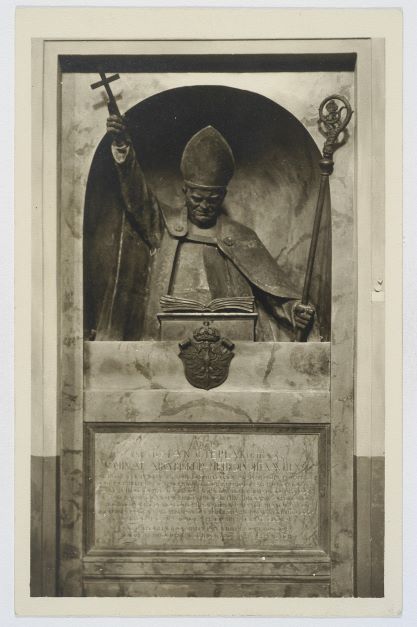The date of 11 November 1918, being the day on which Poland regained its independence, is a symbolic date. Exactly on that day, an armistice ending the First World War was concluded in a wagon in the forest of Compiègne.
There was a time when large numbers of Poles in the Soviet Union lost their lives simply because of their origin and surname. One of the elements of the “Great Terror” unleashed by Stalin in 1937-1938 was the so-called “Polish Operation”, in which NKVD officers, on suspicion of espionage, mu
On May 12, 1935, Marshal Józef Piłsudski died. He was buried at Wawel, in the crypt under the Tower of Silver Bells.
On 4 July 1928, the founding congress of the Sybiraks' Association was held at the Warsaw University of Technology.
Father Jan Cieplak was auxiliary bishop of the Mogilev archdiocese, at that time the largest Roman Catholic archdiocese in the world, covering the whole of Russia up to Sakhalin.
Years ago, Poles, like Ukrainians today, did not want to be a Russian colony. They dreamed of their own independent country.




